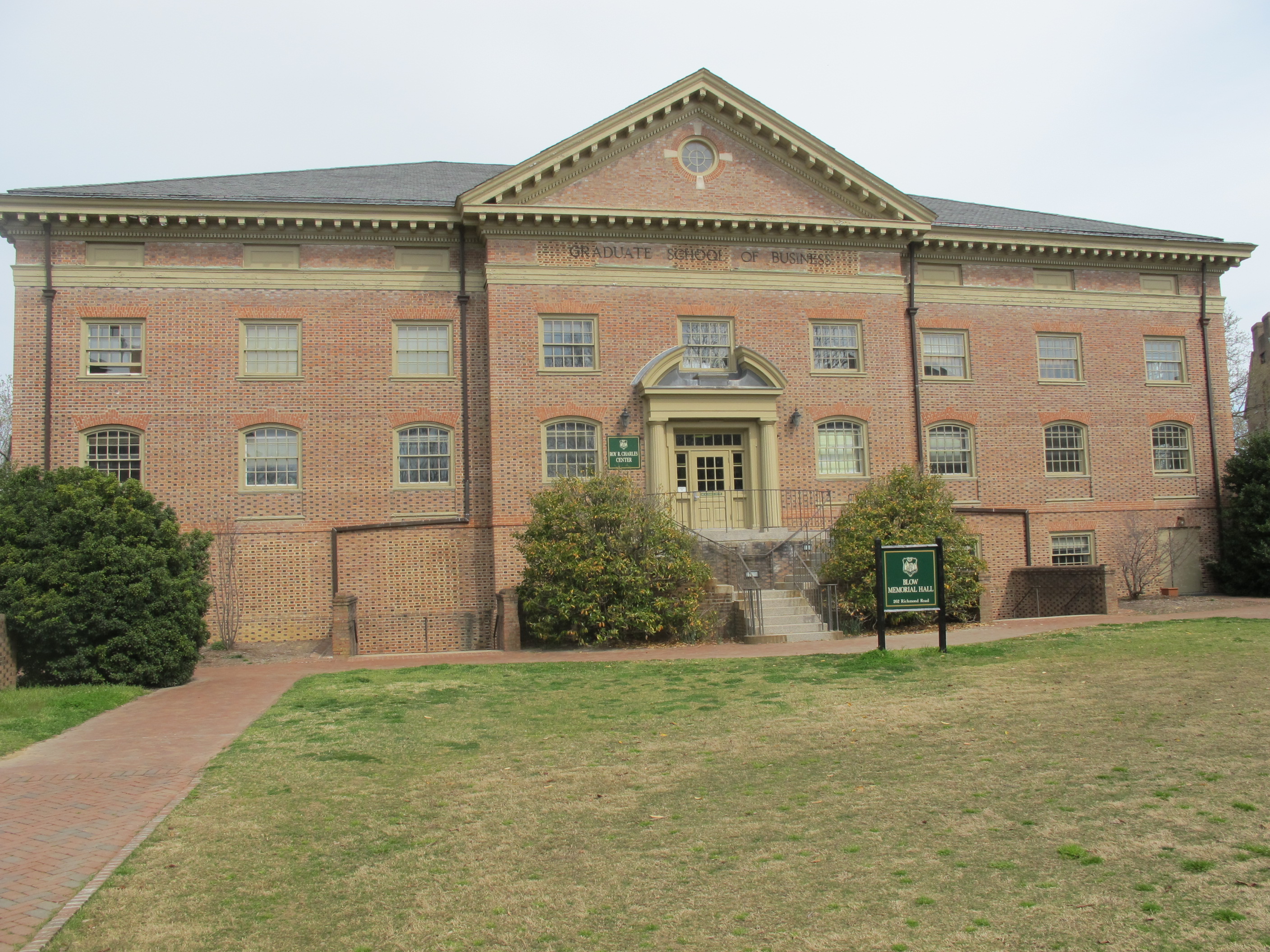Nearly 1,500 students filter into the Counseling Center at the College of William and Mary every year, according to Director Warrenetta Mann.
The center, tucked in the hallways of Blow Memorial Hall, addresses primary concerns about the mental and emotional health of the more than 6,000 undergraduates at the College.
Conversation about the treatment of mental health concerns has increased following the death of former student Austin “Gus” Deeds. His father, state Sen. Creigh Deeds, D-Bath, vowed to investigate the mental health system in Virginia after the incident that led to Gus’ death.
Mann emphasized the difficulty with retrospective looks at the incident with Deeds, as the media only gets a glimpse into the intricacy of the issue due to confidentiality concerns.
“First of all, this family, my heart goes out to them,” Mann said. “This is the saddest situation. From all appearances, this was a father doing his best to take care of his son. That is all we know for sure.”
Mann agreed that leaders should address how we handle mental health concerns, supporting Creigh Deeds’ intention.
“If we can come up with a good formula in Virginia and kind of take that to a national stage, I think that would be a really good outcome for him and, I think, in honoring the memory of his son,” Mann said.
Trained counselors work to address the needs of the nearly 1,500 students who visit the Counseling Center each year.
But the Counseling Center can only help students once they or others recognize the need for help, Mann said.
“My experience since I’ve been here, is that like any other over-achieving people, students at William and Mary are very hesitant to get other people involved,” Mann said. “I think students are just used to taking care of each other … but I think sometimes it just delays students getting the help they need early on.”
Mann noted that friends and peers are the biggest referral source for the center.
Of the students who seek help at the Counseling Center, counselors suggest that about 40 students per year take a break from school, while another 20 students generally decide on their own to take a break from the College, Mann said.
She explained that the school generally does not force students to take a break, except in extreme cases where students might pose a threat to themselves or others. Counselors focus on evaluating each situation individually, taking into account the circumstances before suggesting a break.
Students who withdraw from the College due to mental health concerns receive a medical withdrawal note on their transcripts with no specific details.
Mann noted that students have expressed concern about the mark on their record for potential job interviews, but she stressed that acknowledging the incident and the fact that the student sought help can prove beneficial in the end.
“It shows sound judgment; it shows your ability to get help when you need it and to be pro-active about things you need to do,” Mann said. “There’s a lot of experiences that go along with advocating for yourself and getting help that really speak to leadership and that I think make it valuable that a student can bring into a workplace.”
Gus Deeds’ death has also raised concerns about hospitalization. According to Virginia law, a person cannot be detained against their will under an emergency custody order for more than four to six hours while they undergo a mental health evaluation by a community services board.
If the board determines that the person is in need of more care, they must find a psychiatric bed for the person at hospitals in the area. Once at a hospital, the person cannot be held for more than 48 to 72 hours against their will.
According to reports, Rockbridge’s community services board released Gus because there were no psychiatric beds available.
David Coe, executive director of Colonial Behavioral Health — the community board that services Williamsburg — noted that the board generally has no problem finding a bed for patients in this area of the state.
The College works closely with Colonial Behavioral Health whenever a student is hospitalized, helping to provide information that leads to a more accurate assessment of the student’s health.
“These are people we’re talking with at two or three in the morning so we have to kind of build a good relationship with them because it’s tough stuff,” Mann said. “Most of the crisis stuff doesn’t happen conveniently during office hours.”
Once a student is hospitalized, the College continues to maintain a role in the situation. With the introduction of a new position at the center, the mental health services coordinator, the center can send an employee to help students considering their options while in the hospital. The same employee also helps students as they consider returning to school after taking a break.
“We try to be as helpful and supportive as we can,” Mann said. “This position has really allowed us to do that at a different level than we’ve been able to do before.”
Describing the details of the Counseling Center’s services, Mann emphasized that any reform to mental health needs to coordinate all the groups addressing mental health.
“I think it’s not limited to William and Mary and it’s not limited to Virginia,” Mann said. “I think a national profile for how we manage and deal with mental health issues is a dialogue that our society, our culture and our country needs to have. … We say it’s a system but it’s really a bunch of different entities trying to do different things and plug up different holes.”

